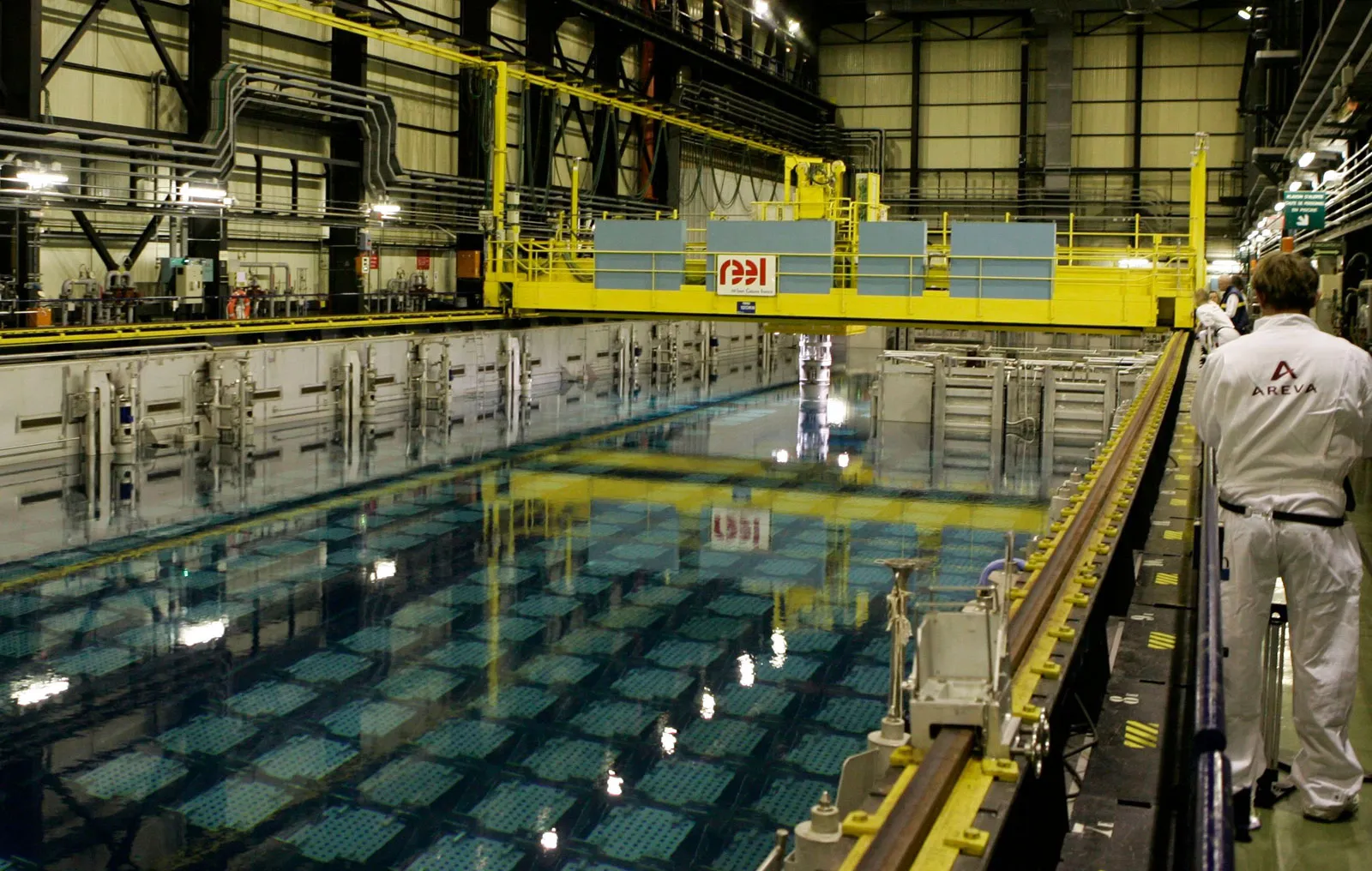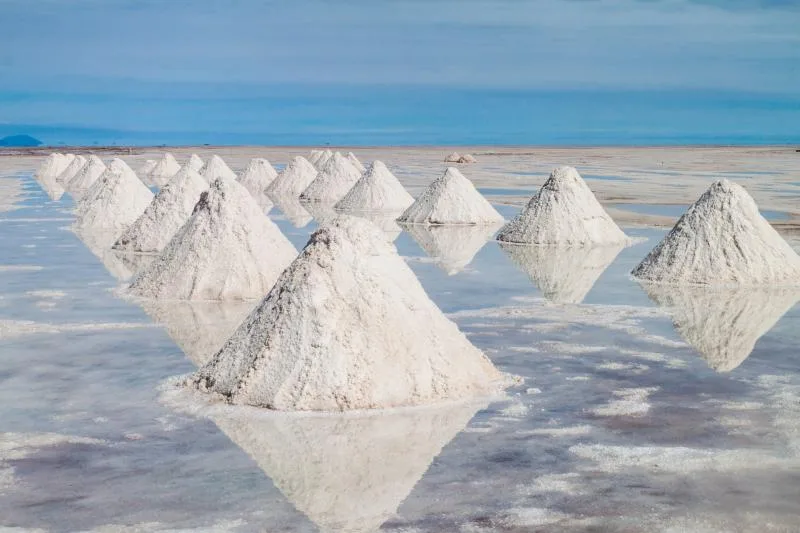Renewable Energy advocates in New Hampshire are angry that nuclear power could soon be considered ‘clean energy’ there, which they say could undermine government funding for wind and solar.
New Hampshire legislators are looking at making sure carbon-free nuclear energy is included in accounting for clean energy funding, which is a pragmatic move, reflecting the nuclear role in the net zero transition.
However, left-wing legislators say priority must be given to renewable funding and subsidies instead.
According to news reports in New Hampshire this week, local Rep. Michael Vose, chair of the House Science, Technology, and Energy Committee, is drafting a bill that would allow nuclear power to be eligible to receive the same funding as renewables.
New Hampshire runs the Seabrook Station nuclear power plant, which provides reliable carbon-free energy to the New England region.
“The broad idea is that, long-term, we can hope and expect that that reliable source of baseload power will always be there,” Vose said. “It won’t be driven out of business by subsidized renewable power.”
Wind and solar advocates are however up in arms, with some legislators wanting to strike down the move.
“Until we can have affordable, scalable battery storage, the intermittency of renewables is going to guarantee that renewables are unreliable,” Vose said. “And if we add too many renewables to our grid, it makes the whole grid unreliable, he said.
However, renewables experts were not happy.
“While we would welcome a robust conversation about how to design a clean energy standard, I fear that’s not what this bill is,” said Sam Evans-Brown, executive director of the nonprofit Clean Energy New Hampshire
“The intention of the [renewable portfolio standard] has always been about creating fuel diversity by getting new generation built, and a proposal like that would do the opposite,” Evans-Brown said.
“If you add in nukes and therefore there are plentiful inexpensive certificates, then you basically have no alternative compliance payments,” Hatfield says. “It could potentially dry up the only real source we have in the state for clean energy rebates.”
More from Energy News Network






